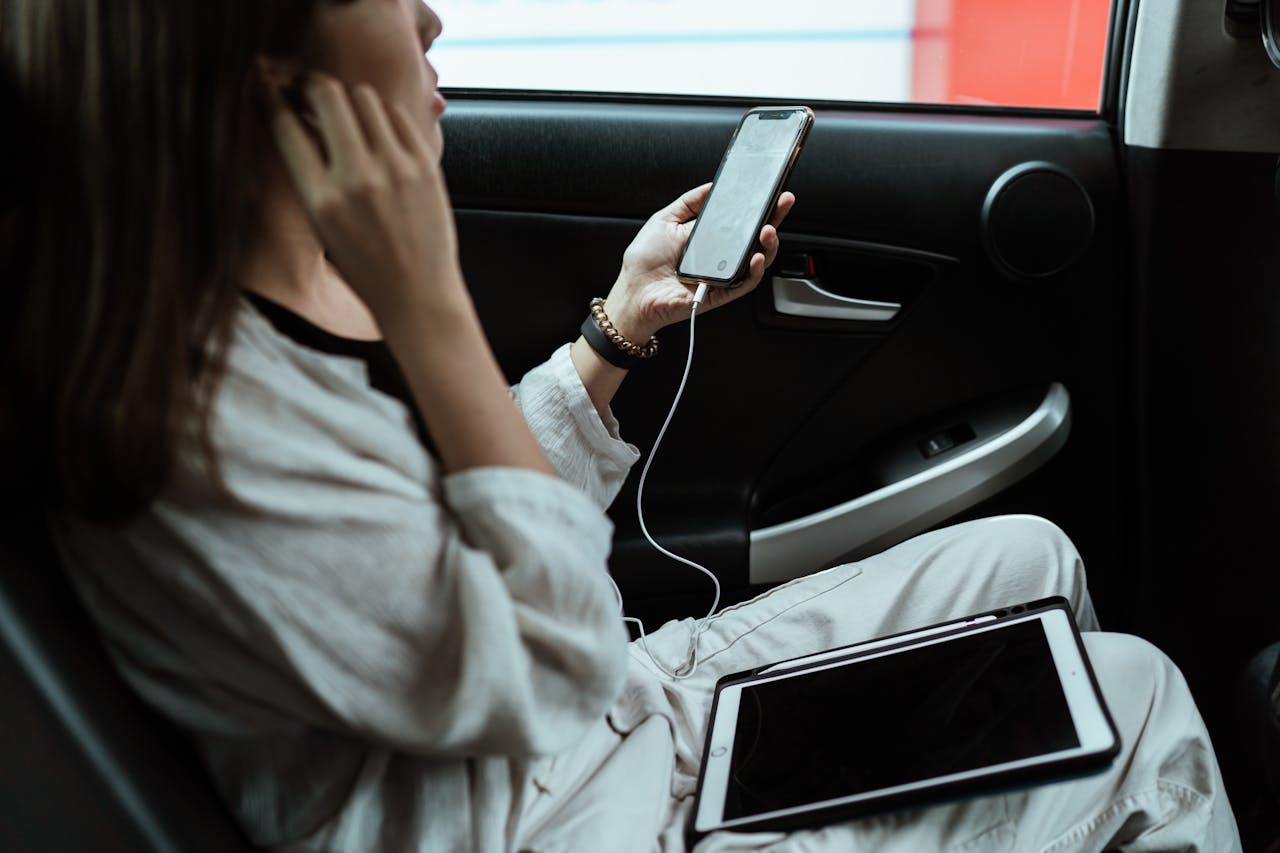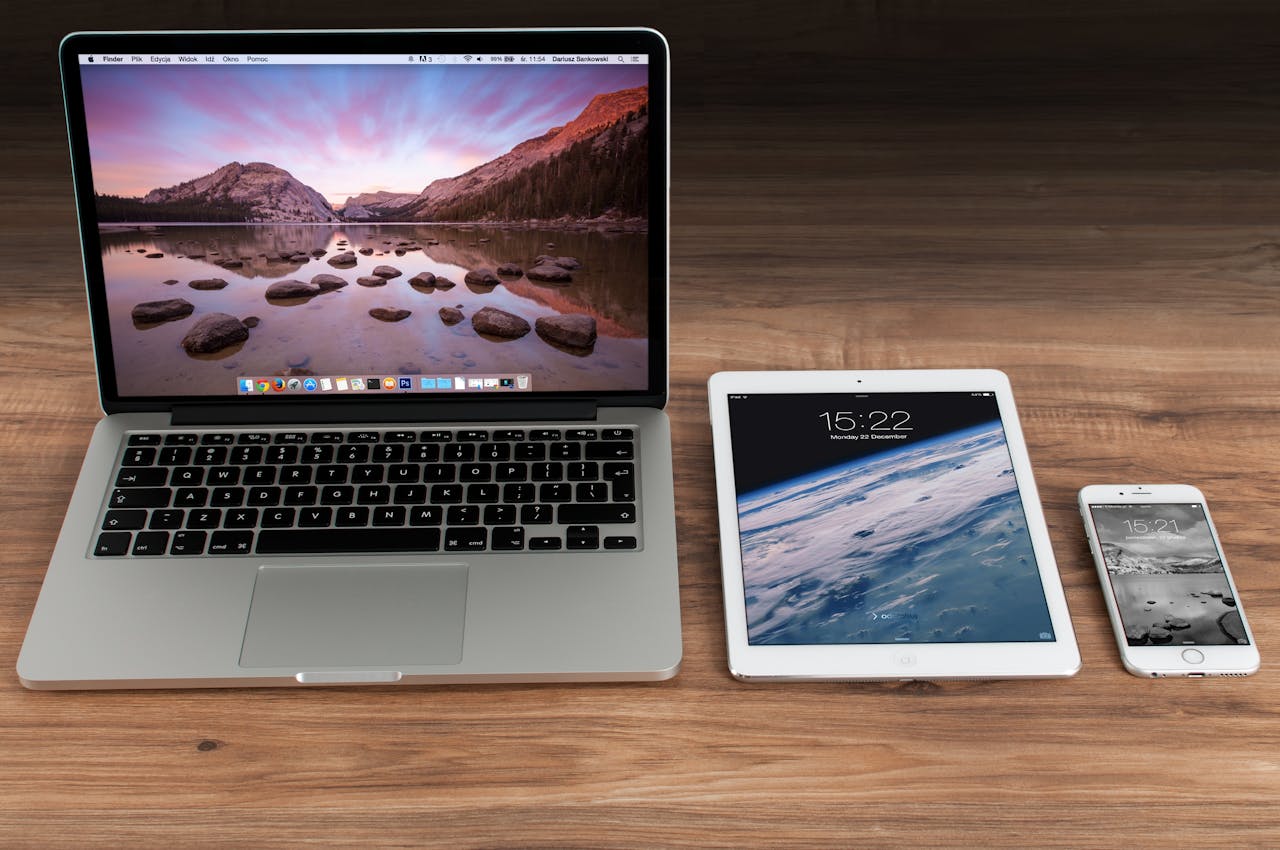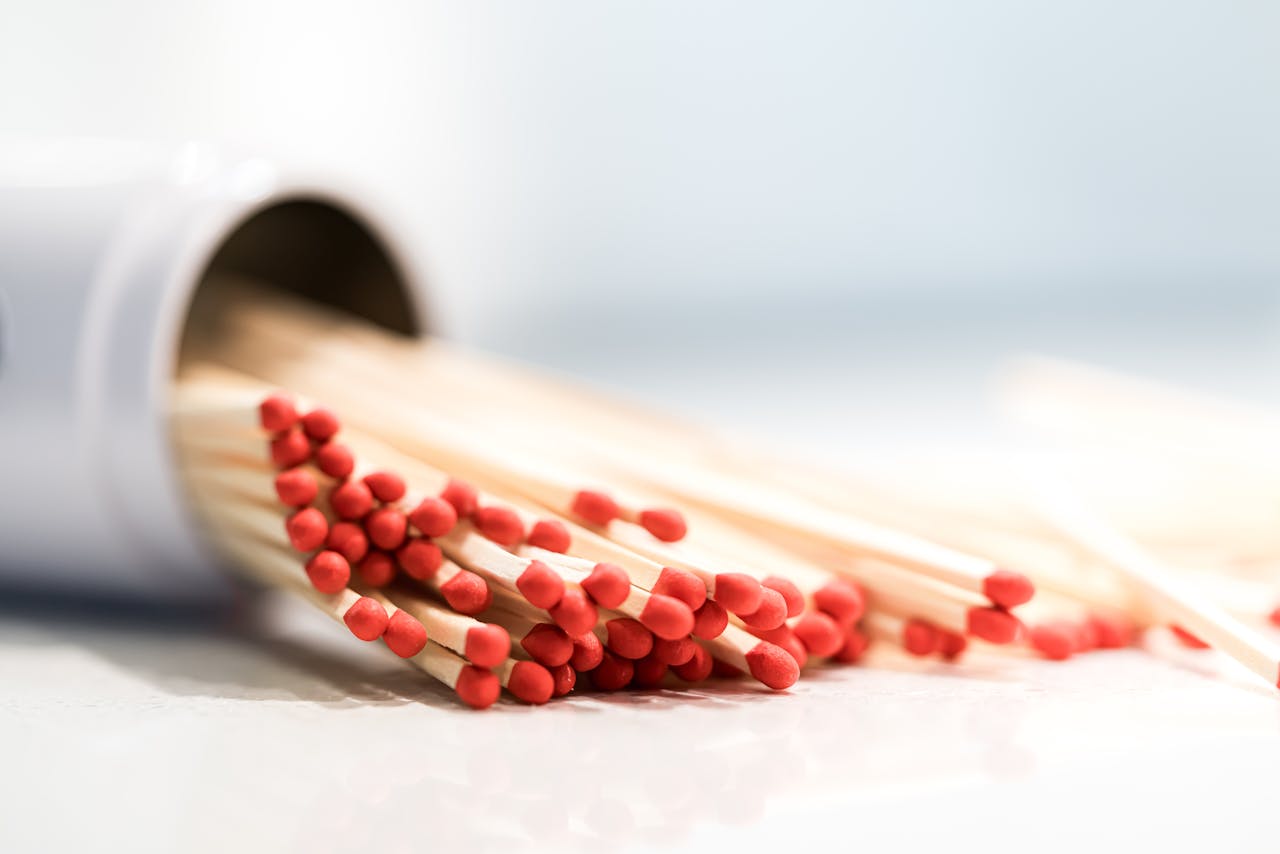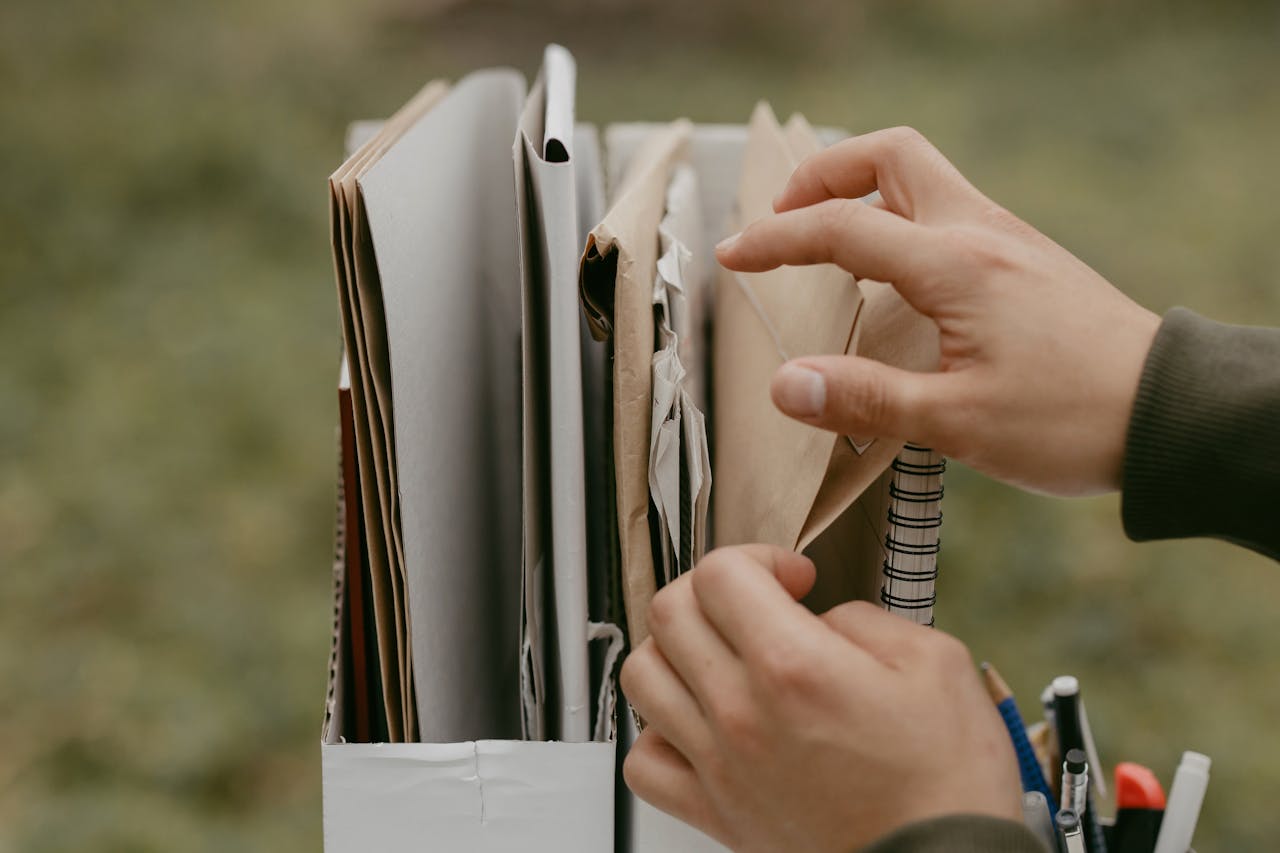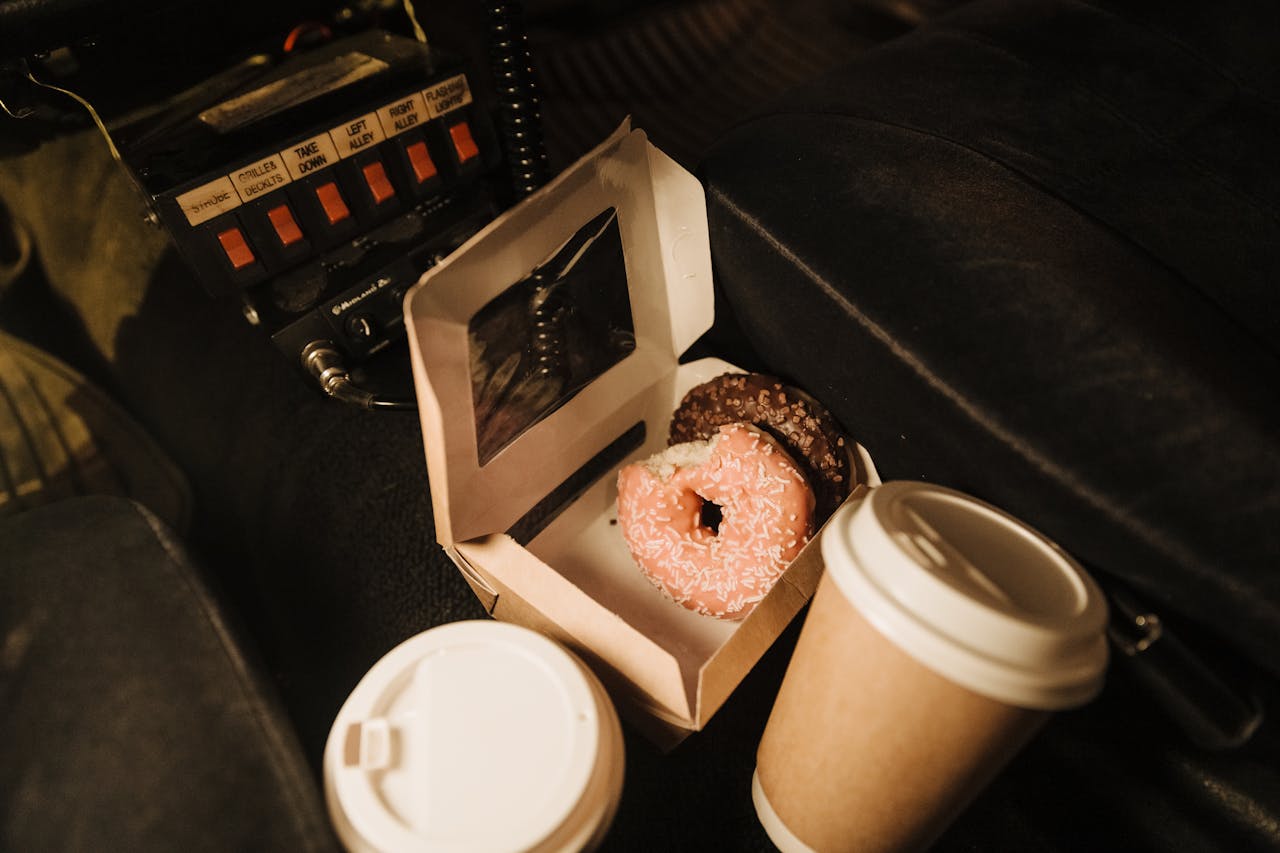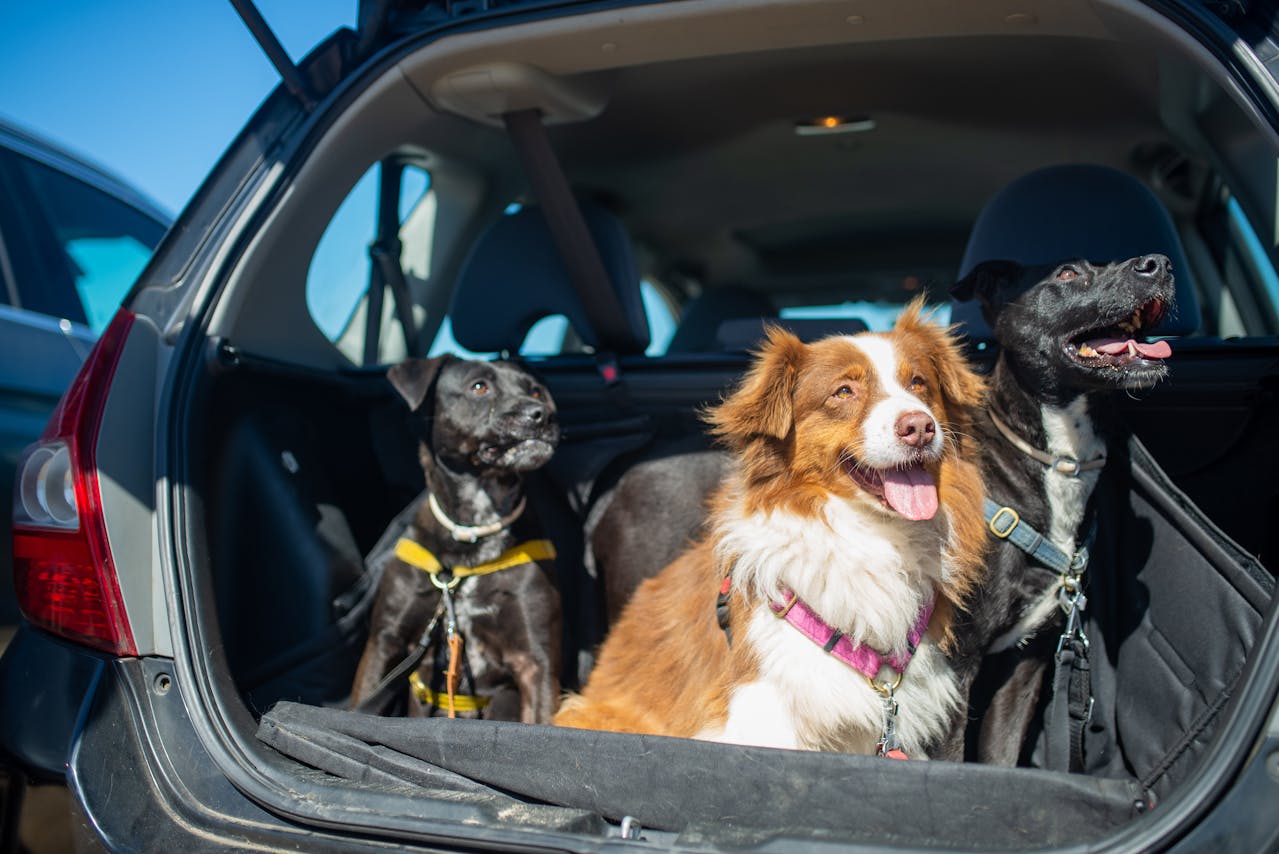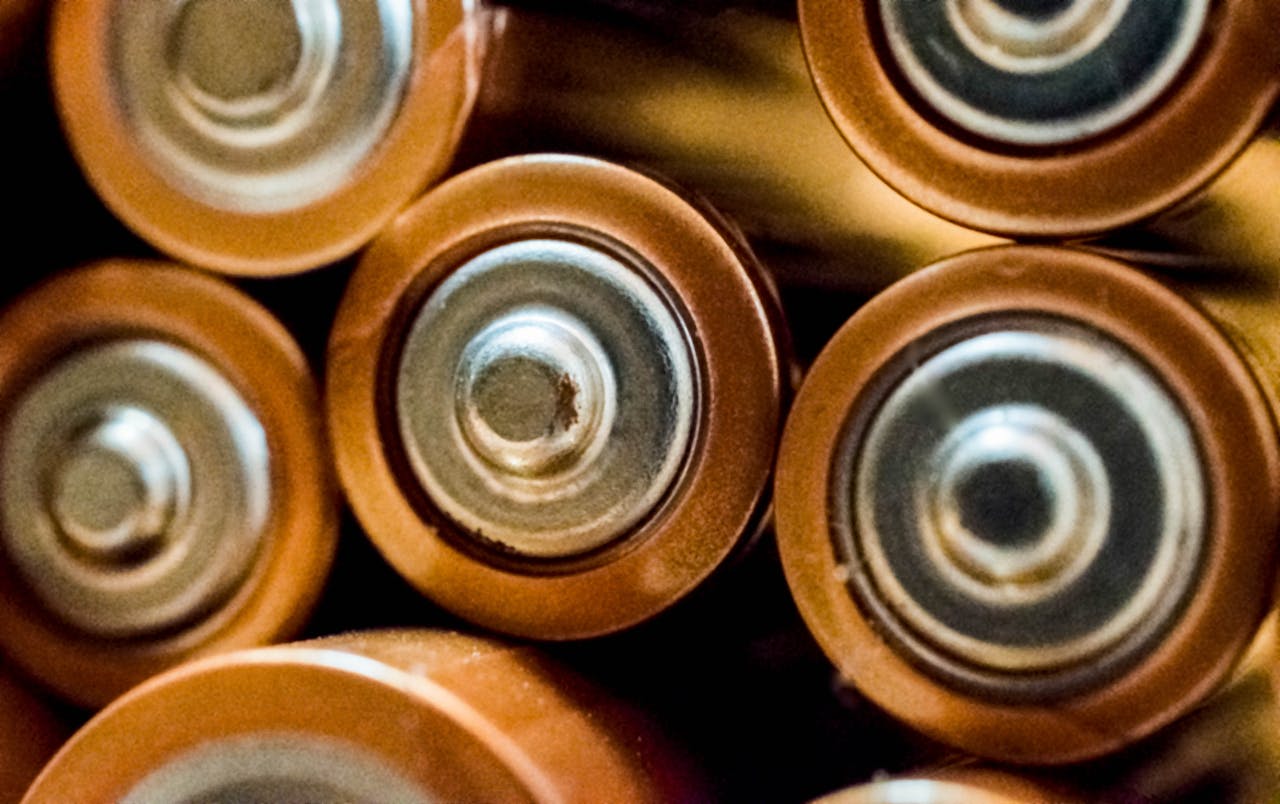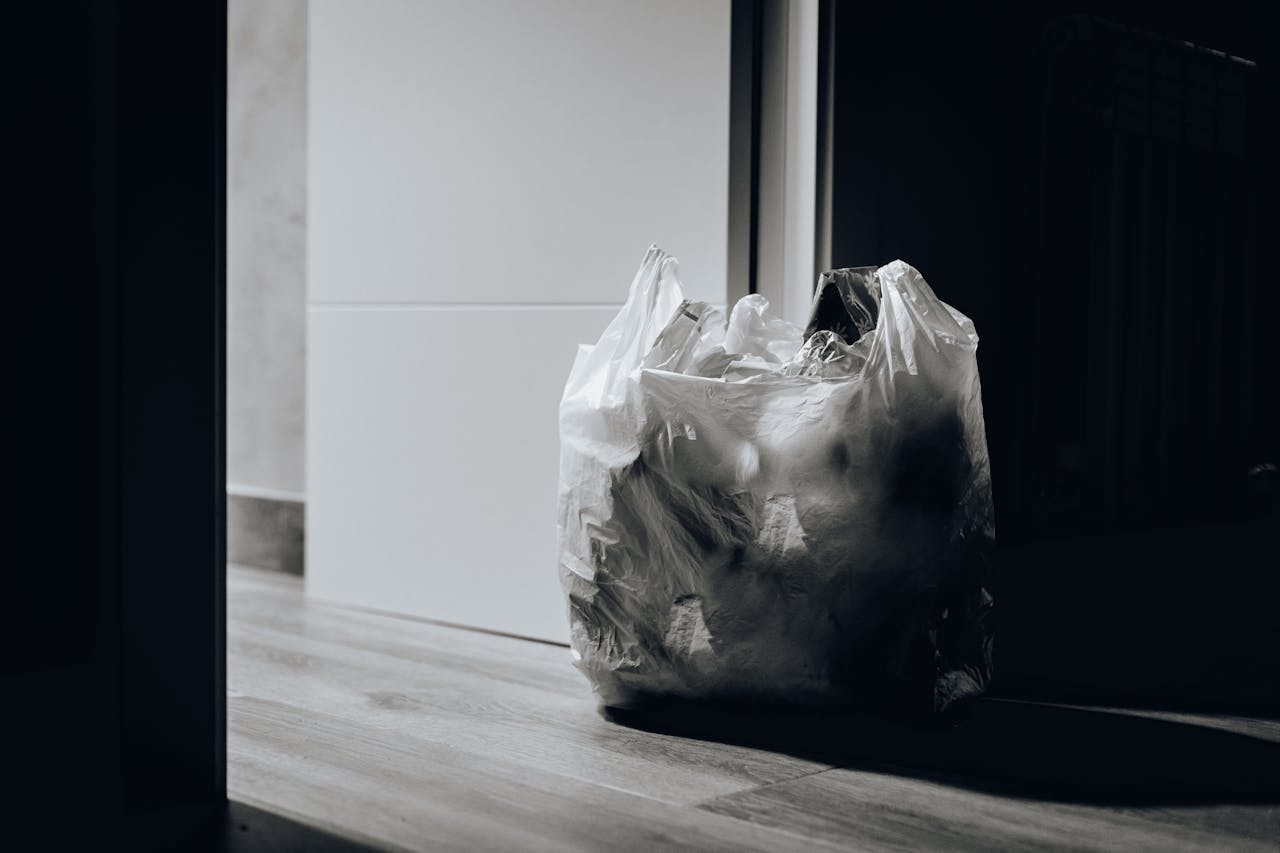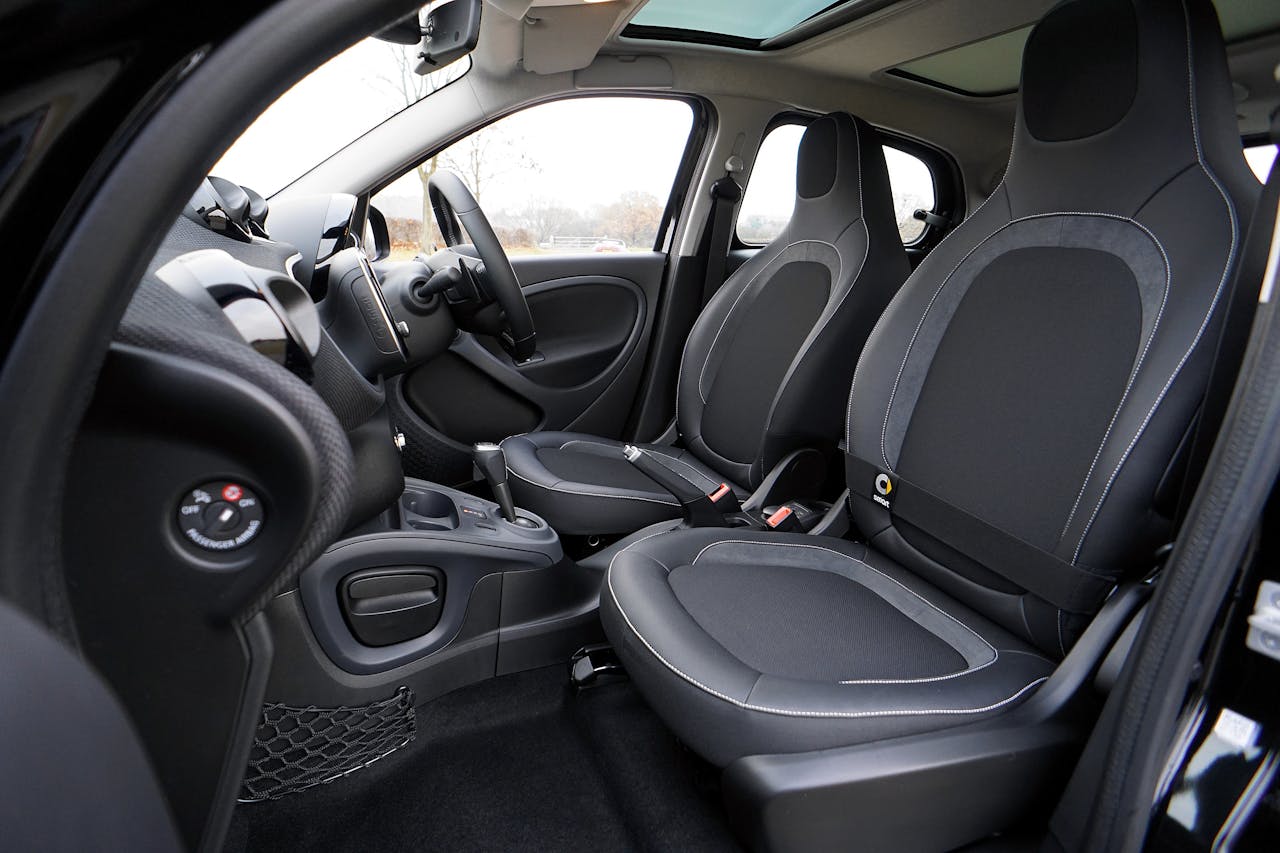Your car is an extension of your home, but unlike the comforts of your living space, your vehicle has unique environmental challenges. From scorching heat to freezing cold, your car’s interior can become a dangerous storage spot for various items. To help you keep your car safe and organized, we’ve compiled a list of 11 things you should never keep in your car, along with compelling reasons why you should remove them immediately.
1. Medications
While it may seem convenient to keep medications in your car for easy access, it’s a risky choice. Many medications require specific temperature ranges to maintain their effectiveness, and cars can reach extreme temperatures in both summer and winter. Heat can degrade the potency of certain drugs, rendering them ineffective, while cold can cause others to crystallize or change chemically. To ensure your medications remain safe and effective, store them in a cool, dry place at home and take only what you need when you leave.
2. Electronics
Smartphones, laptops, and tablets are essential items that many people keep in their vehicles. However, these devices are sensitive to temperature fluctuations. Leaving electronics in a hot car can cause batteries to swell or leak, screens to crack, and components to malfunction. Even moderate temperatures can harm sensitive electronic devices, especially if they are exposed for extended periods. Instead of stashing your gadgets in the car, carry them with you or store them in a temperature-controlled environment.
3. Flammable Materials
Keeping flammable materials like lighter fluid, gasoline, or aerosol sprays in your car can pose serious risks. These substances can ignite due to the heat inside your vehicle, leading to fires or explosions that can endanger both you and others. Even common items like spray paint and air fresheners are not safe in the heat. Always transport flammable materials in approved containers and store them in a secure area away from direct sunlight or heat sources.
4. Important Documents
Your car is not a safe place for important documents like passports, social security cards, and financial records. If your vehicle is broken into, these sensitive documents can be a goldmine for identity thieves. Even if you think you’ve hidden them well, criminals often know where to look. Instead, keep important documents at home in a secure location. If you must have them in your car, consider using a safe or lockbox that is not easily visible.
5. Food and Drinks
Leaving food and beverages in your car can lead to unpleasant odors, pest infestations, and foodborne illnesses. Perishable items, especially, can spoil quickly in warm temperatures, creating a breeding ground for bacteria. Even non-perishables can attract ants and other pests if left unattended for long periods. To keep your car clean and your health in check, consume food and drinks promptly or carry a cooler if you need to transport them.
6. Pets
Although you may want to take your furry friend with you on errands, leaving pets in a car—even for just a few minutes—can be deadly. Cars can heat up rapidly, even on relatively mild days, leading to heatstroke or death in a matter of minutes. Pets cannot regulate their body temperatures as effectively as humans, making them particularly vulnerable. Always take your pet inside with you or make alternate arrangements to keep them safe and comfortable.
7. Batteries
Batteries, especially non-rechargeable types like alkaline batteries, should not be left in your car. Extreme temperatures can cause batteries to leak or even explode, which can damage your vehicle’s interior and create a hazardous mess. Additionally, batteries can lose their charge more quickly when exposed to heat or cold. To ensure batteries last longer and don’t pose a safety risk, store them in a temperature-controlled environment.
8. Clothing and Shoes
While it might be convenient to keep an extra outfit or pair of shoes in your car, doing so can lead to unpleasant consequences. Clothing left in a vehicle can absorb odors, attract pests, and even develop mold or mildew in humid conditions. Furthermore, leaving shoes in the car can lead to worn-out soles and other damage due to temperature fluctuations. Instead, try to limit the amount of clothing you keep in your car and regularly clean and air out any items you do have.
9. Cash and Valuables
Your car is not a bank, and storing cash or valuable items inside it is a bad idea. Thieves often target vehicles that appear to have valuables inside. Leaving items like wallets, jewelry, or electronics visible can attract unwanted attention and increase the risk of break-ins. If you must keep valuables in your car, ensure they are stored in the trunk or hidden from view, and always lock your doors when leaving your vehicle unattended.
10. Unsecured Sports Equipment
While it might seem harmless to keep sports equipment like bicycles, golf clubs, or surfboards in your car, doing so can pose safety risks. Unsecured items can become projectiles in a sudden stop or accident, potentially causing injury to passengers. Additionally, expensive sports gear left in plain sight can attract thieves. Store valuable equipment in a secure place at home, or invest in a roof rack or trunk organizer designed to safely hold sports gear when traveling.
11. Old Receipts and Trash
Finally, while it may seem trivial, keeping old receipts and trash in your car can create a cluttered and disorganized environment that detracts from your driving experience. Over time, clutter can accumulate, making it difficult to find important items and leading to distractions while driving. Moreover, trash can attract pests and create unpleasant odors. Make it a habit to regularly clean out your car, disposing of unnecessary items and maintaining a tidy space.
Final Thoughts
Your car should be a place of comfort and convenience, not a storage unit for hazardous or unnecessary items. By avoiding the storage of these 11 things, you can protect your vehicle and ensure a safer driving experience. Regularly cleaning out your car and being mindful of what you keep inside will not only enhance your safety but also prolong the life of your vehicle. Remember, a clutter-free car is a happy car!
